2017, Campbellford, Ontario, Canada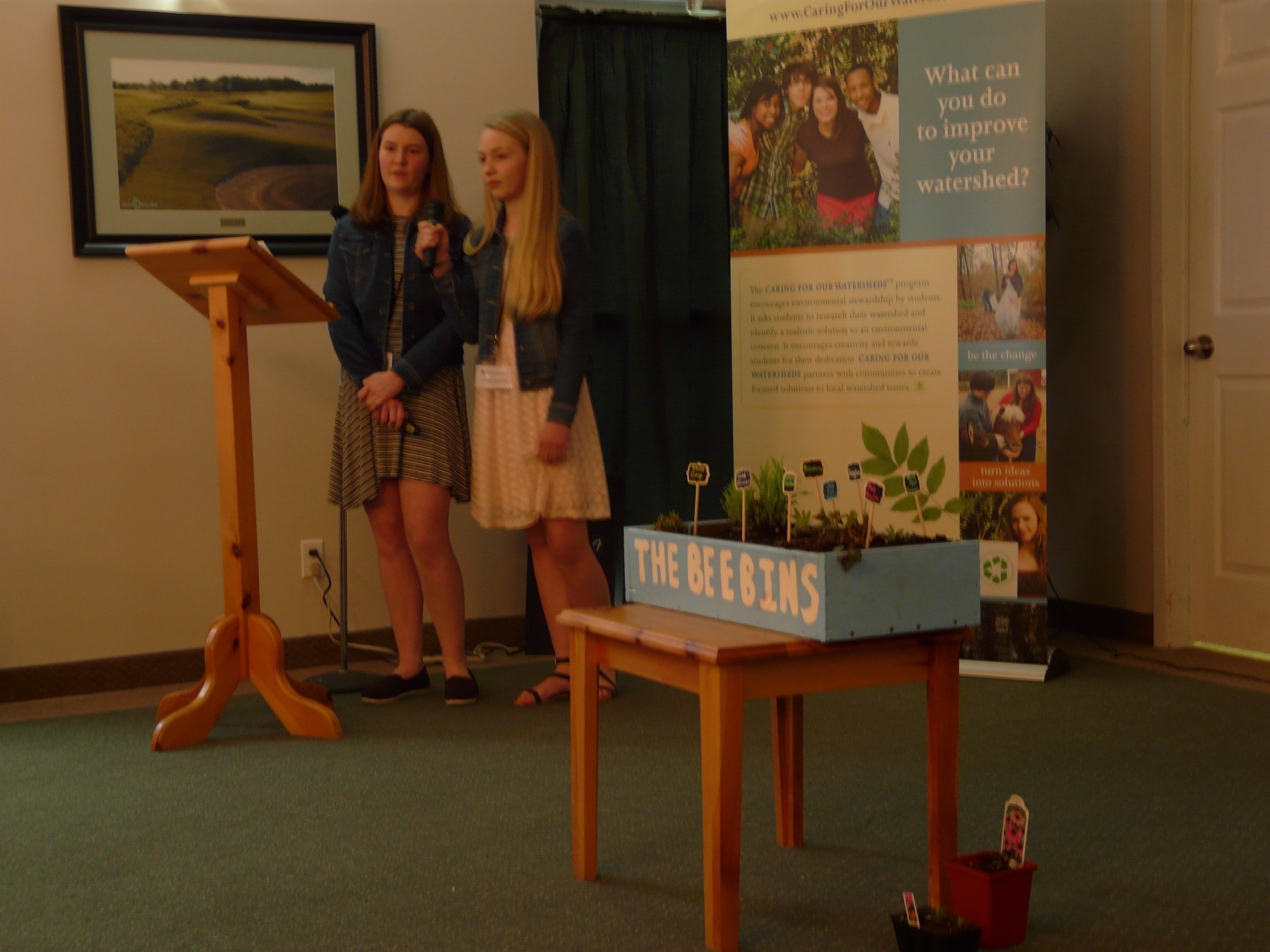
In, 2017, two students Caroline and Gillian both from St. Mary’s Catholic Elementary School in Campbellford, proposed the idea of building bee boxes, placing 5th overall.
They wanted to educate people on the declining bee population, and educate people on the issue that without bees other animals, and humans would not be able to survive. They will be planting perennials so that it will not cost money every year to plant more flowers. They handed out posters throughout their school, as well as around the Campbellford area. The poster helped to inform the public on what their goal was, and included a package of flower seeds to enable the general public to start on a bee box of their very own.
The project will play a key role in educating the public about the importance of bees, and a better understanding of how they can help repopulate the bees within our local watershed.
This project was implemented and completed in 2017.
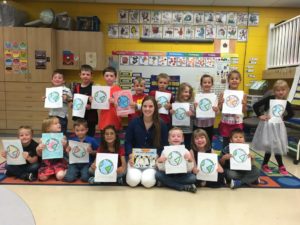

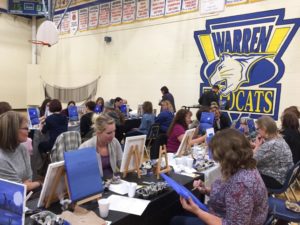
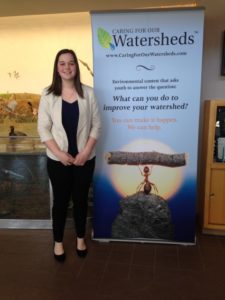
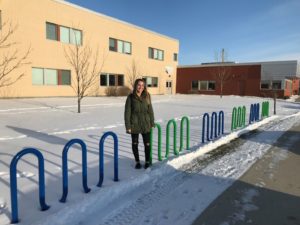
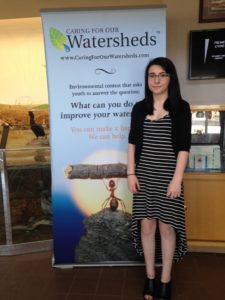
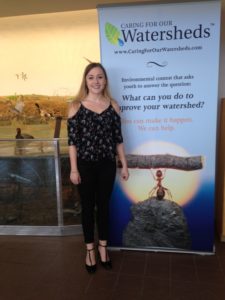
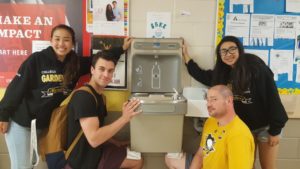
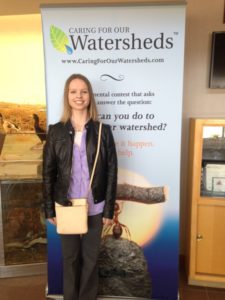

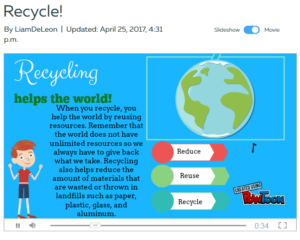
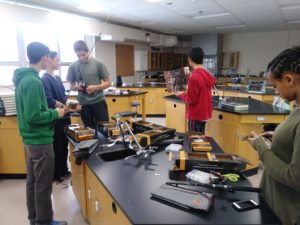 tudents at Elmwood High School in Winnipeg, Manitoba are passionate about sustainability! Their sustainability team has come up with a “Rods and Reels” program that aims to educate youth about sustainable fishing practices and how this can impact their environment and watershed. Students will learn skills such as how to properly debarb a hook, the importance of why, as well as conservation limits and how this links to overall watershed health. This lesson will culminate in a class fishing trip so they can learn practicing proper fishing etiquette and connect with nature.
tudents at Elmwood High School in Winnipeg, Manitoba are passionate about sustainability! Their sustainability team has come up with a “Rods and Reels” program that aims to educate youth about sustainable fishing practices and how this can impact their environment and watershed. Students will learn skills such as how to properly debarb a hook, the importance of why, as well as conservation limits and how this links to overall watershed health. This lesson will culminate in a class fishing trip so they can learn practicing proper fishing etiquette and connect with nature.